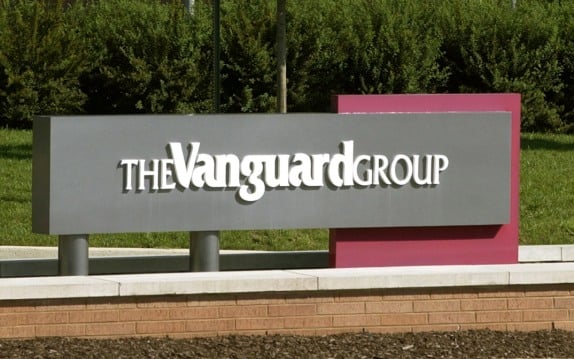Apparently, investors really like low expense ratios. Underscore “really.”
The Vanguard Group Inc., which is known primarily for its low-cost passive investments, had more than $65 billion of net inflows to its mutual funds and exchange-traded funds through the end of April, according to Morningstar Inc. That's almost quadruple the inflows of the next-best-selling fund group, Pacific Investment Management Co. LLC, which has more than $16.5 billion of inflows over the same time period. In fact, Vanguard's $65 billion of new investments this year account for 35% of the inflows for the entire industry.
“It's not surprising, said Mike Buccolo, financial consultant at Axa Advisors LLC. “It's the same thing I'm seeing in my fee-based accounts.”
Mr. Buccolo, like many other advisers, has turned to ETFs in fee-based accounts for their low costs and instant diversification, among other benefits.
When it comes to choosing between two similar ETFs, such as the $50 billion Vanguard MSCI Emerging Markets ETF Ticker:(VWO) and the $34 billion iShares MSCI Emerging Markets Index ETF Ticker:(EEM), which track the same index and have similar performance, the choice often comes down to cost. Vanguard's emerging-markets ETF charges 0.2%, while iShares charges 0.69%.
“It's a tiebreaker,” Mr. Buccolo said.
The rising asset levels at Vanguard aren't only helping out the firm's bottom line, they're also leading to lower overall costs for shareholders. The firm has cut the expense ratios on 29 of its ETFs since December, including the emerging-markets offering.
While the first four months of the year likely have given Vanguard's competitors some sleepless nights, the rest of the year could see Vanguard take an even bigger slice of the investment pie.
This year, Vanguard
announced it was doubling its wholesale force and moving them into the field for the first time to better penetrate the adviser market.
John Woerth, a spokesman, said it's still too early to tell if that's having an impact yet. “We believe the full impact of building deeper, mutually beneficial relationships with advisers will be realized in the years ahead,” he said.







